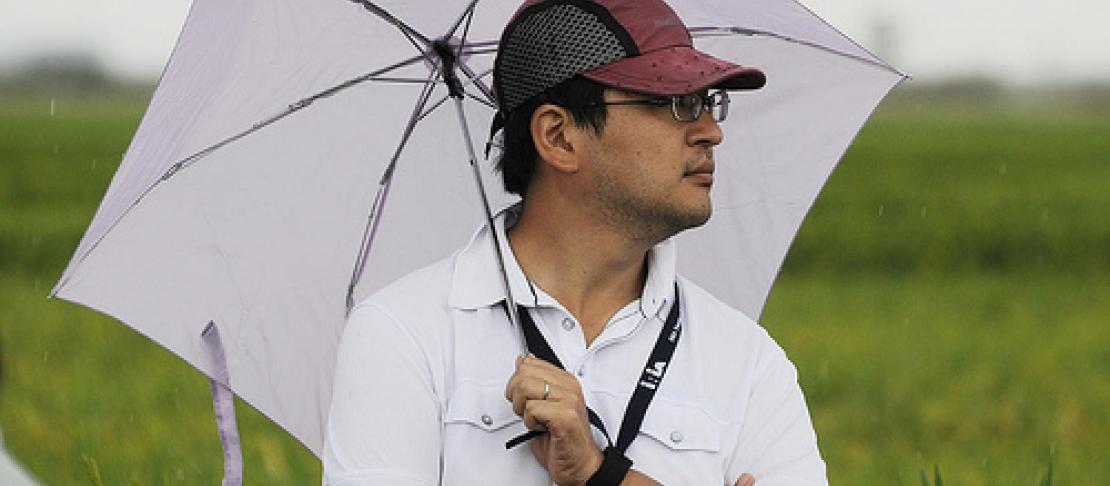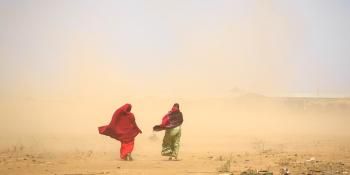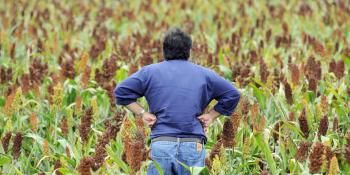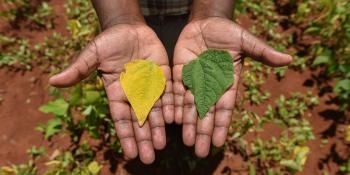How useful are farm models for predicting agriculture adaptation to climate change?

For a full understanding of how climate change will impact farms and farm household food security, we need models that can combine predictions for climate change, with variables relating to food security, adaptation and mitigation.
A team of researchers based at the International Livestock Research Center (ILRI) systematically reviewed the scientific literature to evaluate how suitable existing farm and farm household simulation models are to study aspects of food security. The study was done under the CGIAR Research Program on Climate Change, Agriculture and Food Security (CCAFS) which aims to better understand and predict possibilities for adaptation to climate change, improved management of production risks and improved mitigation of greenhouse gasses like carbon dioxide, nitrous oxide and methane.
A team of 6 people scanned approximately 16,000 research articles and after several selection steps found 126 simulation models that met the criteria for subsequent detailed analysis. Although many models use climate as an input, few were used to study climate change adaptation or mitigation at farm level, and there is a real gap in current research there. More and more mixtures of simulation modeling methodologies are used to avoid the individual weaknesses of each of these techniques.
The researchers conclude that more explicit farm level analyses are needed, with a focus on adaptation, vulnerability and risk. In general terms, this systematic review concludes that there are enough techniques for integrated assessments of farm systems in relation to climate change, adaptation and mitigation, but they have not yet been combined in a way that is meaningful to farm level decision makers, and this is a real challenge for farming systems research in the coming years.
The report was followed by a workshop on “Farm-household Modeling with a focus on Food security, Climate change adaptation, Risk management and Mitigation: a way forward" organised by the Livestock Futures research group of ILRI. The workshop, which was held in Amsterdam in May 2012, focused on identifying the current strengths and weaknesses of farm- and household-level models, and laying out practical pathways to improve these models.
Read more
Working Paper: A review on farm household modelling with a focus on climate change adaptation and mitigation
by Mark T. van Wijk, Mariana C. Rufino, Dolapo Enahoro, David Parsons, Silvia Silvestri, Roberto O. Valdivia, and Mario Herrero
CCAFS Working Paper no. 20.
Workshop presentations: browse and view presentations from the farm-household modeling workshop in May 2012.
Workshop report: Farm-household modelling with a focus on food security, climate change adaptation, risk management and mitigation: a way forward
Mark Van Wijk is a scientist specialised in crop-livestock modeling, based at the International Livestock Research Institute (ILRI).



